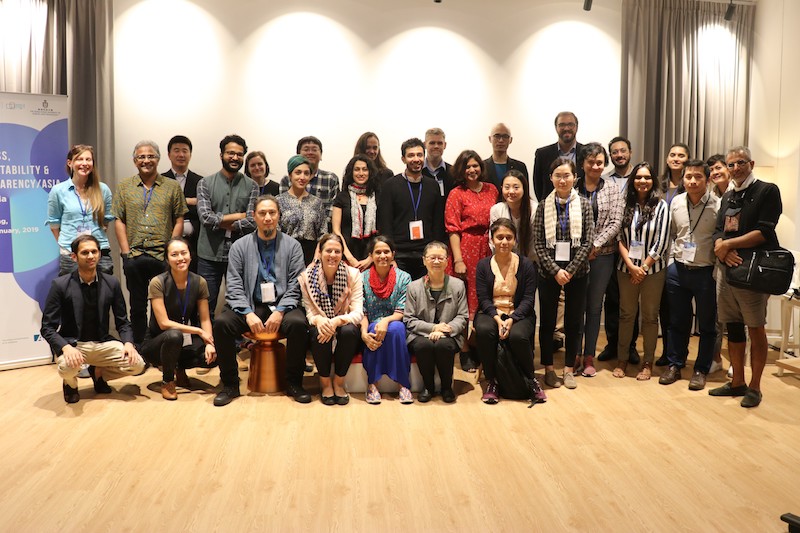글 | 김가연(오픈넷 변호사)
2019. 1. 11.-12. 이틀에 걸쳐 Digital Asia Hub가 주최하고 The Ethics and Governance of AI Initiative와 the Konrad-Adenauer-Stiftung가 후원하는 FAT/Asia Hong Kong 2019에 김가연 변호사가 참석했습니다. FAT는 Fairness, Accountability, Transparency를 의미하며 머신러닝과 알고리즘의 공정성, 책임성, 투명성에 대해 논의하는 이니셔티브입니다. 김가연 변호사는 첫날 오프닝 세션에서 한국과 일본의 AI 윤리 동향 등에 대해 이야기하고 세션 1의 사회를 맡았습니다.
FAT/Asia Program (Download the agenda)
오프닝 세션 “Taking Stock of Trends and Challenges: Perspectives from Multiple Disciplines” 메모
In Korea, AI ethics, or Roboethics has a relatively long history of 12 years.
- In 2007, the Ministry of Industry and Energy (Ministry of Commerce) disclosed the draft of the Robot Ethics Charter.
- It included not only robot ethics but also researcher ethics and user ethics, which we boast as the first in the world. However, the draft is yet to be finalized.
- Not really different from Asimov’s robot principles
- The Intelligent Robots Act 2008 was amended in 2016 to mandate the government to enact the AI Ethics Charter.
- At the end of last year, the Ministry of Science and ICT announced that it will finalize the charter.
- In 2016, in terms of accountability, the draft made it designers, manufacturers, and users’ responsibility if a robot causes any damage or harm.
- Kakao published “Kakao Algorithm Ethics” in January 2018:
- enhance mankind’s benefit and wellbeing and keep all efforts for algorithm development within the ethical framework of society;
- ensure that algorithms shall not generate biased results;
- collect and manage data for algorithm learning in accordance with social-ethical norms;
- ensure that algorithm shall not be manipulated internally or externally; and
- provide explanations on algorithm to strengthen users’ trust to the extent that it does not compromise corporate competitiveness.
- KAIST Killer Robot controversy in April 2018:
- More than 50 leading academics from nearly 30 countries signed the letter calling for a boycott of Korea Advanced Institute of Science and Technology (KAIST) and its partner, defense manufacturer Hanwha Systems. The researchers said they would not collaborate with the university or host visitors from KAIST over fears it sought to “accelerate the arms race to develop” autonomous weapons.
Japan:
- 2004 World Robot Declaration
- 2017 Japan Society for AI Ethical Guideline
- 2018 Japan Ministry of Internal Affairs and Communications AI R&D Guideline draft


0 Comments